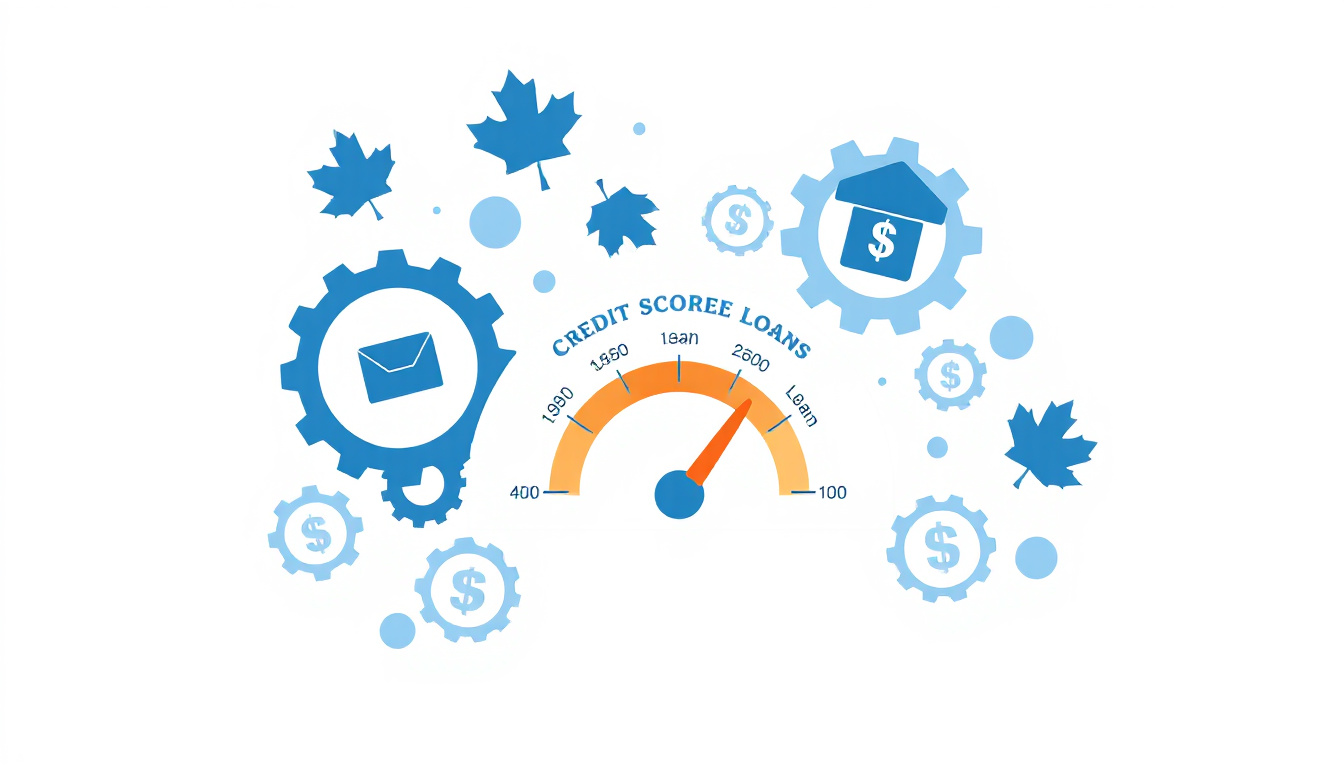When navigating the complexities of personal finance in Canada, understanding how loans affect your credit can be integral to maintaining your financial health. A key question that often arises is, ‘Are loans reported to credit bureaus?’ The answer is a resounding yes; loans are reported to credit bureaus and play a significant role in shaping your credit history and score. This guide will explore the role of credit bureaus in loan reporting, outline different types of loans and their impact on credit scores, and provide strategies for managing loans effectively to optimize your overall credit health.

Key Takeaways
- Credit bureaus play a crucial role in reporting loan information to lenders.
- Different types of loans can have varying impacts on your credit score.
- Timely payments on loans can positively influence your credit history.
- High credit utilization from loans may negatively affect your credit score.
- Understanding loan management is key to maintaining optimal credit health.
The Role of Credit Bureaus in Loan Reporting
When considering financial health, one of the most common questions Canadians have is, ‘Are loans reported to credit bureaus?’ Understanding this aspect of debt management is crucial, as credit bureaus play a vital role in shaping your credit score and, consequently, your financial opportunities. Lenders typically report your loan activity—whether you’re making timely payments or falling behind—to credit bureaus like Equifax and TransUnion. This information is compiled into your credit report, which is then used by potential lenders to assess your creditworthiness when you apply for new loans or credit. It’s important to keep track of this information because any negative marks can hinder your chances of securing favorable loan terms in the future. Additionally, regularly reviewing your credit report can help ensure that the information is accurate and up to date, allowing you to address any potential issues before they impact your financial planning. Thus, being informed about how loans are reported to credit bureaus empowers Canadians to make better financial decisions and seek appropriate debt relief options when necessary.
Types of Loans and Their Impact on Credit Scores
When considering your financial options, it’s important to understand the various types of loans available and how they can affect your credit score. Most loans, whether they are personal loans, auto loans, or mortgages, are reported to credit bureaus, which means that your borrowing history is monitored and can influence your creditworthiness. For Canadians managing debt, knowing that are loans reported to credit bureaus helps in strategizing repayments and understanding credit score implications. Regular, on-time payments can improve your score, while missed payments can have the opposite effect. Therefore, it’s vital to keep track of all loans and ensure payments are made promptly to maintain a healthy credit profile.
‘A good credit score is a ticket to financial opportunities, opening doors to better loan rates, lower insurance premiums, and even job prospects.’ – Unknown

How to Manage Loans for Optimal Credit Health
Understanding how loans impact your credit health is crucial for any Canadian looking to maintain or build a solid credit score. One common question is, ‘Are loans reported to credit bureaus?’ The answer is yes—most loans, including personal loans, auto loans, and mortgages, are reported to credit bureaus such as Equifax and TransUnion. This reporting influences your credit score, which is affected by your payment history, the amount of credit you have, and the types of loans you hold. To manage loans effectively, ensure you make timely payments, keep your debt-to-income ratio in check, and avoid taking on more debt than you can handle. By being proactive with your loans and understanding their impact on your credit profile, you position yourself for greater financial stability and access to better borrowing terms down the line.
